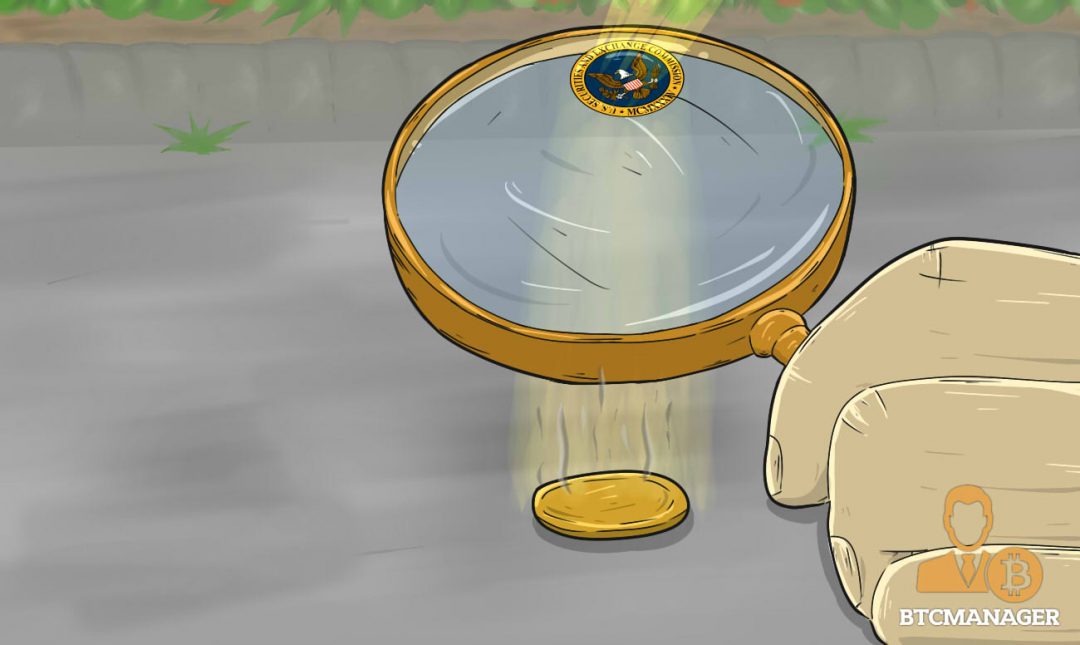SEC Penalizes EtherDelta Founder for Failing to Register Crypto Exchange

On November 8, 2018, the SEC announced the conclusion of an investigation into the digital token trading platform EtherDelta. According to the financial authority, EtherDelta failed to register as a national securities exchange despite offering the buying and selling of security-like assets on a secondary market.
Disgorged, Penalized, and Prejudgement Interest
Founder Zachary Coburn neither affirmed nor denied the claims and has settled for a $75,000 penalty, $300,000 disgorgement, and $13,000 in prejudgment interest. Coburn’s cooperation in the matter was taken into consideration before the penalties were given. The SEC identified EtherDelta’s unregistered exchange of securities as the principal offense.
The platform has reportedly relayed over 3.6 million orders since the platform’s inception in July 2016 and December 2017. The majority of these exchanges included the buying and selling of ERC20 tokens, which underpin the makeup of the majority of tokens used in initial coin offerings (ICOs). Other tokens, such as DAO tokens and what the SEC considers digital securities, were also traded on the platform.
Between the date of the notice and the launch of EtherDelta, the SEC also released their DAO Report on July 25, 2017, which formalized their approach in cracking down on the crypto sector. The report set a precedent for how the SEC would identify digital asset securities. The relevant section reads:
“The investigation raised questions regarding the application of the U.S. federal securities laws to the offer and sale of DAO Tokens, including the threshold question whether DAO Tokens are securities. Based on the investigation, and under the facts presented, the Commission has determined that DAO Tokens are securities under the Securities Act of 1933 (‘Securities Act’) and the Securities Exchange Act of 1934 (‘Exchange Act’).”
Thus, in facilitating the trade of securities, an exchange must also register with the SEC before they can begin operating. Coburn was, however, found liable for failing to register EtherDelta despite the precedent set in July 2017 in the DAO Report. The proceeding concluded the following:
“From July 12, 2016 to December 15, 2017 (the ‘Relevant Period’), more than 3.6 million buy and sell orders in ERC20 tokens that included securities as defined by Section 3(a)(10) of the Exchange Act were traded on EtherDelta, of which approximately 92% (3.3 million) were traded during the period following the DAO Report.”
Same Framework, New Asset
The case of EtherDelta is yet another in a string of similar cases that form the SEC’s growing awareness of the cryptocurrency sector. The DAO report, fitting tokens within the framework of a security, and registering with the correct authorities means guidelines are emerging as to best regulatory practice.
While the American authority has yet to announce a clear set of rules, a quick glance through similar cases reveals a growing trend of securities violations. These actions also send bullish signals to the rising popularity of security token offerings (STOs) in lieu of traditional ICOs. The former evades most regulatory capture in which small businesses, firms, and exchange platforms are safe from penalties or, in some cases, even jail time.















